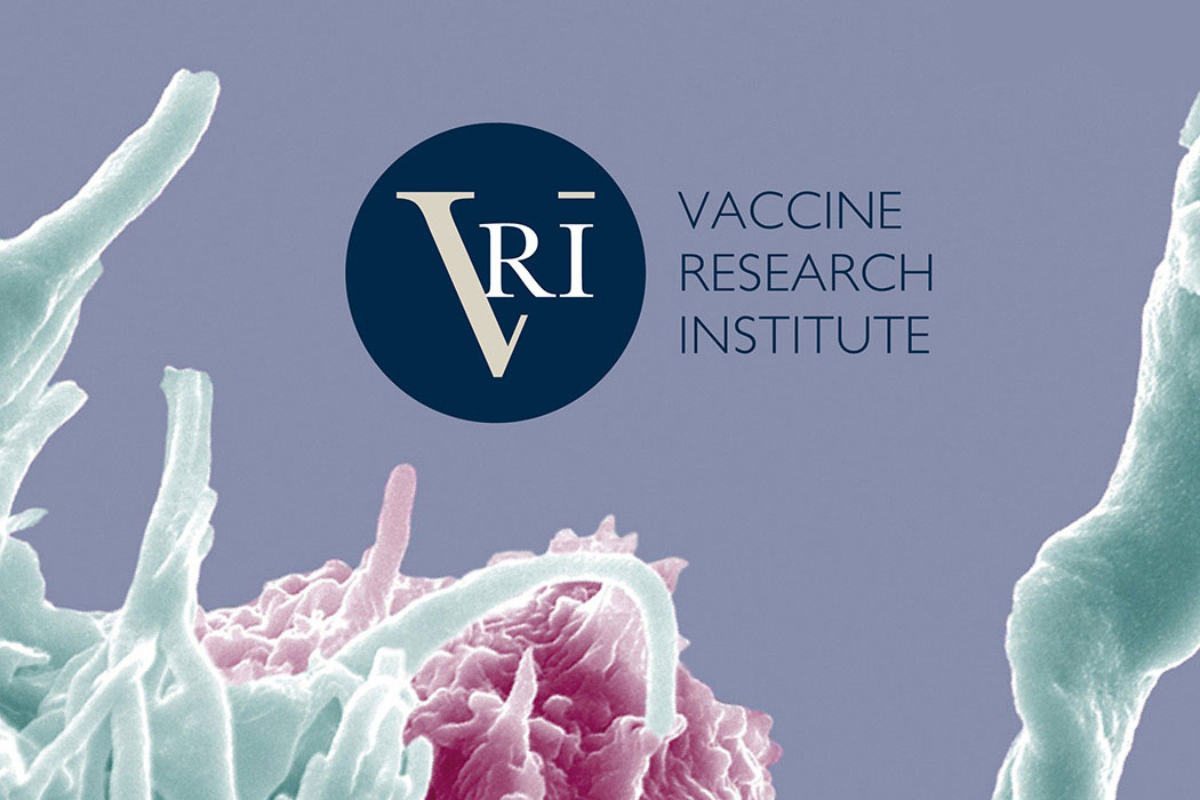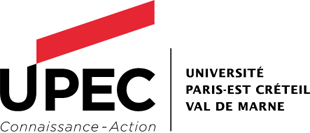- Download PDF
-
Partager cette page
- Download PDF
You are here :
- EN ›
- University ›
- Major projects
The Vaccine Research Institute
The Vaccine Research Institute (VRI) was created by the ANRS and UPEC to accelerate research on HIV/AIDS, the hepatitis C virus, and emerging infectious diseases.

VRI was awarded the Laboratory of Excellence (LabEx) label in 2011 as part of the state-funded growth initiative Programme d'investissements d'avenir (PIA). Its mission is to strengthen links between fundamental and translational research, patient associations, and the world of industry. It brings together research teams with multidisciplinary expertise, shared platforms, and a network of nationally and internationally recognized scientists and physicians.
As part of its scientific strategy, VRI's integrated research programs are structured around shared scientific, logistical, and administrative platforms.
Its main objective is to produce experimental vaccines that target dendritic cells (sentinel cells of the immune system) in the field of preventive and therapeutic vaccines.
Innovative Scientific Objectives
As an extension of the existing ANRS vaccine research program, VRI is pursuing several ambitious objectives:
- Developing and expanding the range of experimental vaccines for HIV, hepatitis C, and emerging diseases which will be evaluated in clinical trials.
- Improving immunoassay technology for vaccine trials.
- Strengthening collaboration among immunologists, virologists, cellular biologists, molecular biologists, primate model specialists, and clinicians.
- Developing new partnerships with industry.
- Implementing a social science program to analyze and better understand the specific challenges involved in communicating about HIV vaccines.
- Contributing solid skills to regulations, laws, and ethics.
- Providing an optimal environment to improve coordination of an integrated scientific program and the dedicated funding.
Close Links Between Research and Training
VRI represents a unique educational opportunity in vaccinology and knowledge sharing. A Master's in Biology and Health with a specialization in vaccinology is affiliated with VRI. The program aims to train students in immunology and vaccinology, develop their scientific research and production skills, improve their innovative capacity, and strengthen their ability to identify business opportunities, and commercial and financial plans associated with vaccine development.
A Stronger Presence
A new building dedicated to biomedical research will be built on the Mondor site in Créteil in 2021, and will house some of VRI's activities. These will include translational research activities which will, "bring together the skills of experimental and clinical research, from laboratory to patient and vice versa, in order to develop innovative, therapeutic strategies in an integrated center dedicated to research, healthcare, and training tomorrow's researchers and doctors."
Find out more about VRI
- Download PDF
-
Partager cette page
- Download PDF

